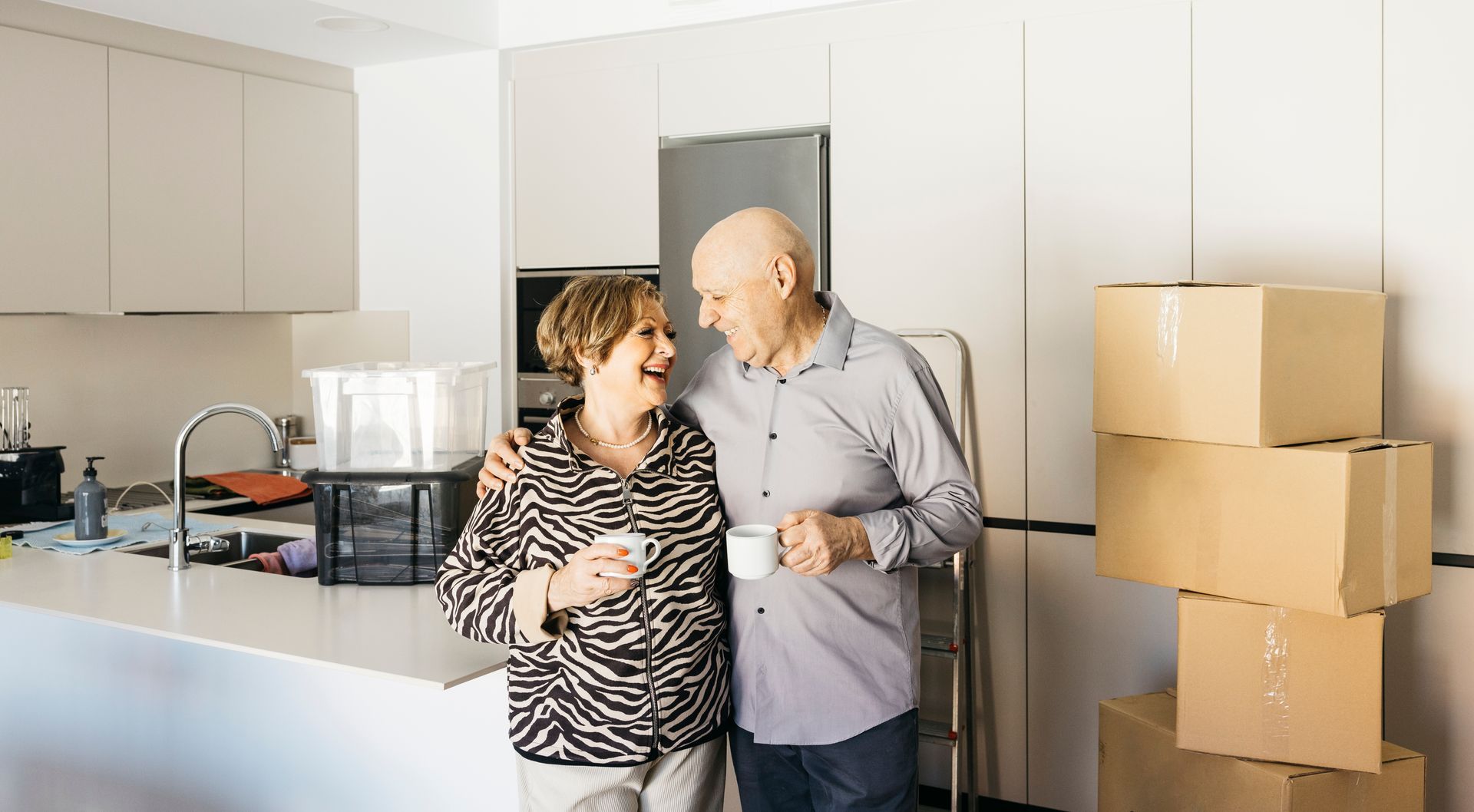AFib: Causes, Symptoms, Treatments and Reducing Your Risk
AFib: Causes, Symptoms, Treatments and Reducing Your Risk

AFib: Causes, Symptoms, Treatments and Reducing Your Risk
Have you experienced catching your breath or experiencing palpitations even if you’re just chillin’ and watching TV? You may be suffering from atrial fibrillation (AFib), a type of arrhythmia or irregular heartbeat. AFib is more common in older adults, aged 65 and above.
What Happens During an AFib Attack?
During an AFib attack, the electrical signals that tell your heart to start beating becomes out of order. This malfunction affects two upper chambers of the heart (called atria) and causes them to quiver. It also disrupts the blood flow into the lower chambers of the heart or the ventricles, and causes them to contract faster or beat in an irregular manner. Because of this, the ventricles may not be able to pump blood to the rest of your body as it should.
The trembling in your atria may lead to blood pooling which may further cause blood clots. These blood clots may pump out of the heart, go to the brain and cause blockages which may then lead to a stroke.
What Causes AFib?
The main cause of AFib remains unknown. However, some conditions that may negatively affect your heart health and eventually lead to AFib are as follows:
- Congestive heart failure
- Coronary artery disease
- Heart valve disease
- High blood pressure
- Hypertrophic cardiomyopathy
- Overactive thyroid gland
- Pericarditis (inflammation of the covering of the heart)
- Thyroid disease
*Heart surgery, taking certain medications and binge drinking may also lead to AFib.
What Are the Symptoms of AFib?
- Quivering or fluttering heartbeat
- Irregular heartbeat
- Anxiety
- Chest pain
- Dizziness
- Fainting or confusion
- Fatigue
- Shortness of breath
- Sweating
- Weakness
What Are the Treatment Options for AFib?
- Medications for heart rate and rhythm
- Blood thinners that can prevent blood clots and thus reduce risk of stroke
- Electrophysiology treatments
- Lifestyle changes (i.e., consuming a healthier diet and exercising regularly)
How Can You Reduce Your Risk for AFib?
- Consuming a heart-healthy diet
- Maintaining a healthy weight
- Exercising regularly
- Managing your blood pressure
- Managing stress
- Avoiding smoking
- Limiting your alcohol and caffeine intake
If you are experiencing signs or symptoms of AFib, please schedule an appointment with a cardiologist as soon as you can for early detection and treatment. AFib may come and go, but it may also be permanent and may increase your risk for stroke and blood clots, so please seek care before it even gets worse. Your heart care is our #1 priority.
https://www.losalamitosmedctr.com
Sources:
American Heart Association
Centers for Disease Control
Healthline







